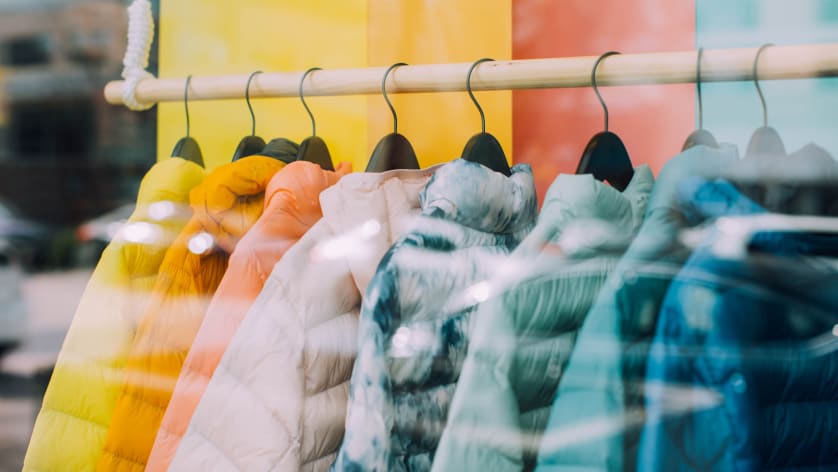The Future of Retail Is Personal

By offering a unique shopping experience, retailers are more likely to increase revenue, reduce returns, and establish customer loyalty.
Personalization will be key to the future success of the apparel industry.
Technology can help create completely custom garments or enable retailers to provide a personalized shopping journey for customers, helping them to take the lead in the new era of shopping.
At the beginning of online shopping, retailers wanted to make the most of the unlimited "space" on the internet by adding more products to attract a wider audience while also increasing the average number of orders and returning customers. However, with so many pages of product listings, shoppers have become overwhelmed, leading to what is known as choice paralysis, abandoned carts, and frustration.
Stores have had personal shoppers for decades in order to assist with unique requests and needs of the customer, as well as to ensure a positive experience and successful sale for the retailer.
Online retailers use technology to develop an online shopping journey tailored to each individual shopper no matter where they are.
A study in 2018 found that the average e-commerce consumer will visit 5.4 pages on a retailer's website. Therefore, it is essential that the 5.4 pages only present the most appropriate items. Artificial intelligence can be used by retailers to collect data - such as shopper behavior, sales and return records and consumer-preference inputs - in order to create a completely personalized experience for each shopper.
In a two-month long A/B test, the Canadian fashion company Simons ran an experiment in which shoppers were served personalized recommendations for products based on their shopping journey and their size and fit preferences. The results were insightful. Offering fewer but more personalized products based on that customer led to increases of 10 percent in net revenue, 5 percent to the average order value, and a 2 percent higher conversion rate. By offering a personalized shopping experience that only reveals items in the customer's size and style, retailers are more likely to generate higher sales, decrease returns, and create customer loyalty.
API integrations enable retailers to rapidly adopt the most recent personalization technologies for their sites. Style-matching algorithms analyze user journeys, purchase records, imagery, popularity and other attributes to construct an index of similarity across a retailer’s assortment. A powerful search extension that delivers a custom assortment of products most likely to be bought and kept by each shopper, combining personalization and returns-reduction features.
Using unique customer IDs allows for experiences that follow the customer across channels, creating a more consistent journey and maximizing the impact of each visit.
The retail industry has sought out improved technologies for many years in order to provide a unique shopping experience that is tailored to each individual customer.
The future has arrived, and retailers must make personalization a priority if they want to succeed.













